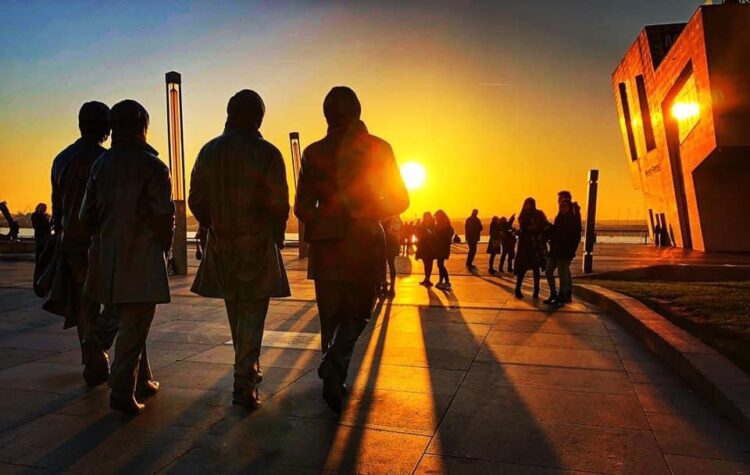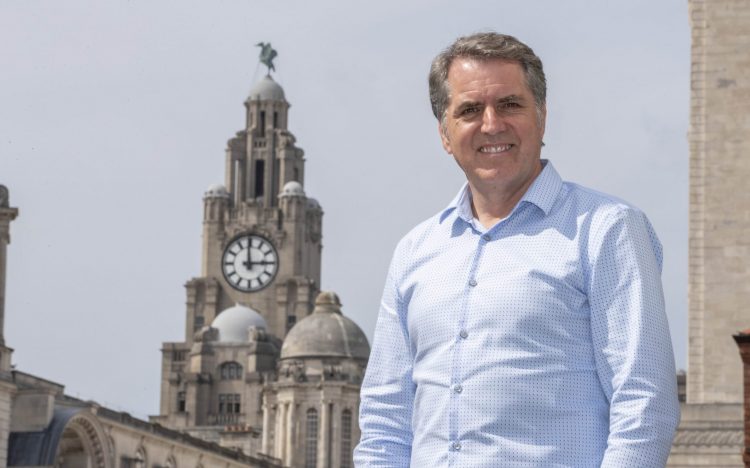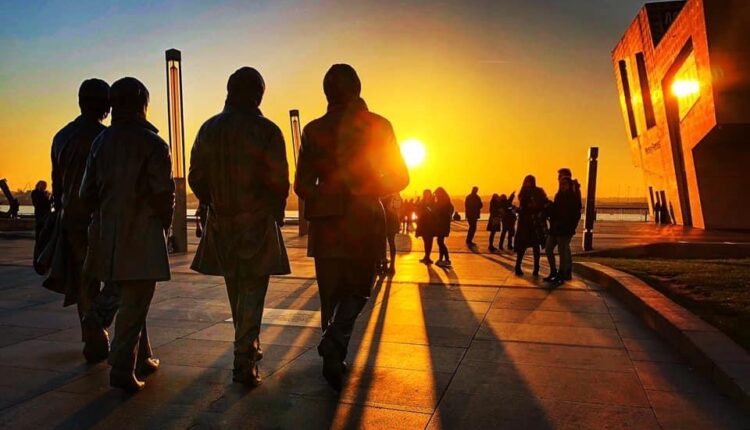Mersey tourism ‘will take three years to recover’
Tourism in the Liverpool city region will not return to its £5bn-a-year peak until 2025, a new report says, as Metro Mayor Steve Rotheram unveils a new support package. Tony McDonough reports

Before the COVID-19 pandemic the value of Liverpool city region’s visitor economy had soared to £5bn a year but a new report says the sector will take three years to recover.
A study undertaken by Growth Platform, the city region’s growth agency, lays bare the devastating impact the pandemic has had on local tourism and hospitality since the first lockdown in March 2020.
Prior to COVID-19, the tourism sector supported more than 55,000 jobs across Liverpool, Wirral, Sefton, Knowsley, St Helens and Halton. In 2020 Liverpool was the fifth most visited city in the UK by international visitors.
According to the Growth Platform report, in 2020 alone income for the city region visitor economy’s 7,840 businesses plummeted by 58%. According to Office of National Statistics figures, sectors of the visitor economy lost between 39% and 89% of their output during the year.
In the short term, demand among day trippers and domestic visitors is strong and this year is expected to top the 61m that came to the city region in 2019. However, international tourists are not expected to return to pre-pandemic levels before 2025 and the business events sector may not fully recover before 2028, the report warns.
READ MORE: Mal Evans’ Beatles notebook goes on display
READ MORE: £27m Shakespeare Theatre ‘will set a inspiring example’
Now the two-year Visitor Economy Recovery Strategy, which will be delivered by Growth Platform, will look to support the sector in the short term with a range of interventions, including the important events and conference sector, which brings visitors to the city region all year round.
The strategy sets out five priority areas, aligned with national Government priorities, around key markets, rebuilding confidence and resilience. Destination marketing is to be carried out over the next three years using a £3.2m of public and private sector investment to generate demand for leisure and business tourists.
This builds on the earlier £1.5m fund to lure back domestic visitors announced by Metro Mayor Steve Rotheram. A further £3.1m plan over two years using Strategic Investment Funding and private sector funding is designed to help rebuild the conference and events sector.
He said: “Our city region is a national and international destination of choice, renowned for culture, music, sport, hospitality and much, much more. The visitors who come to soak up our unique offer are starting to return and breathe fresh life into our economy and the short-term predictions are encouraging.


“We’ve helped more than 4,500 local businesses with over £45m worth of funding to keep them afloat during the pandemic but the effect on the visitor economy has been seismic and the shock waves may last for some time.
I want us to economically recover from COVID quickly so we can get back to where we were pre-pandemic as the fastest growing city region in the country.”
READ MORE: Liverpool Theatre Festival returns in 2022
READ MORE: easyJet adds 22,000 seats to Liverpool routes
To restore the sector to full health, new funding models to support major venues in bidding for conferences and events are being explored. A Skills Action Plan has identified the key skills required to help the industry survive. Sector-based work academy programmes have already been delivered in partnership with the DWP.
The last piece of the recovery strategy jigsaw would be to change the way destination management organisations (formerly tourist boards) are structured. This would seek core funding from Government to support the city region’s destination marketing organisations.
The report points to a number of large-scale projects, which could help draw post-Covid tourists and give the Liverpool City Region an advantage in the fiercely competitive, tourism market.
These include the £12m dockside Eureka children’s museum, the £30m Shakespeare North theatre in Prescot and Everton FC’s £500m riverside stadium at Bramley Moore Dock.

